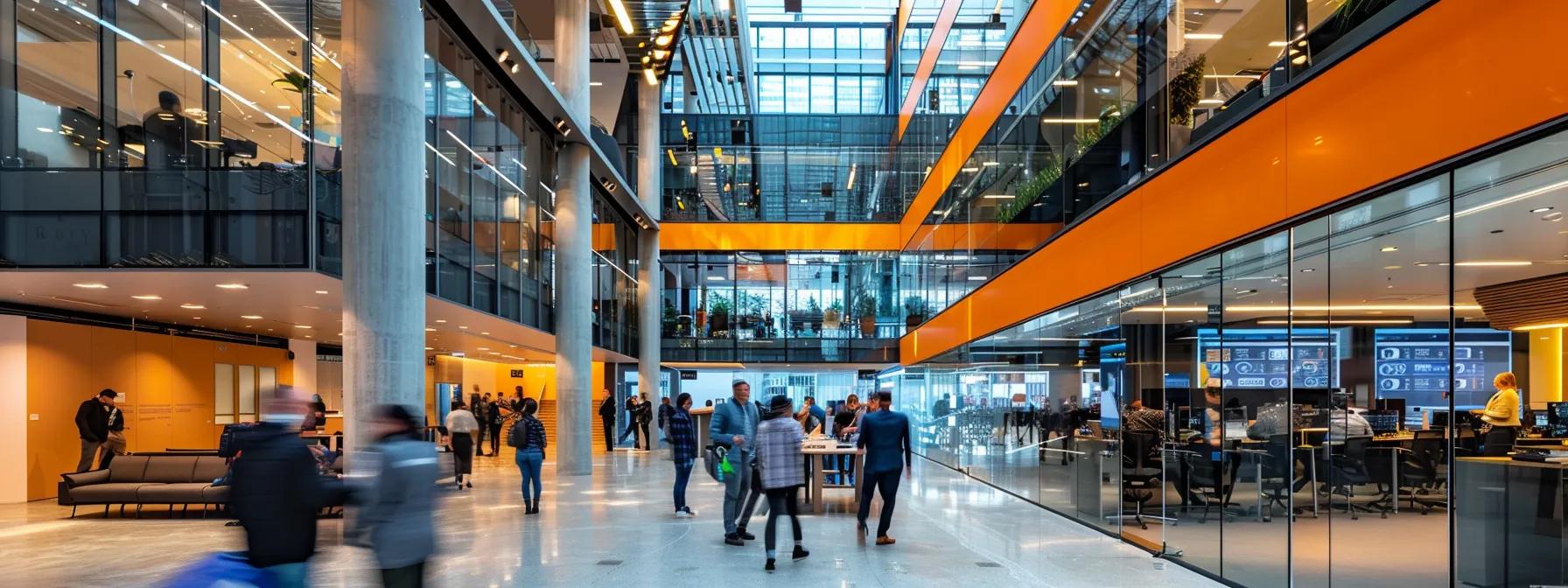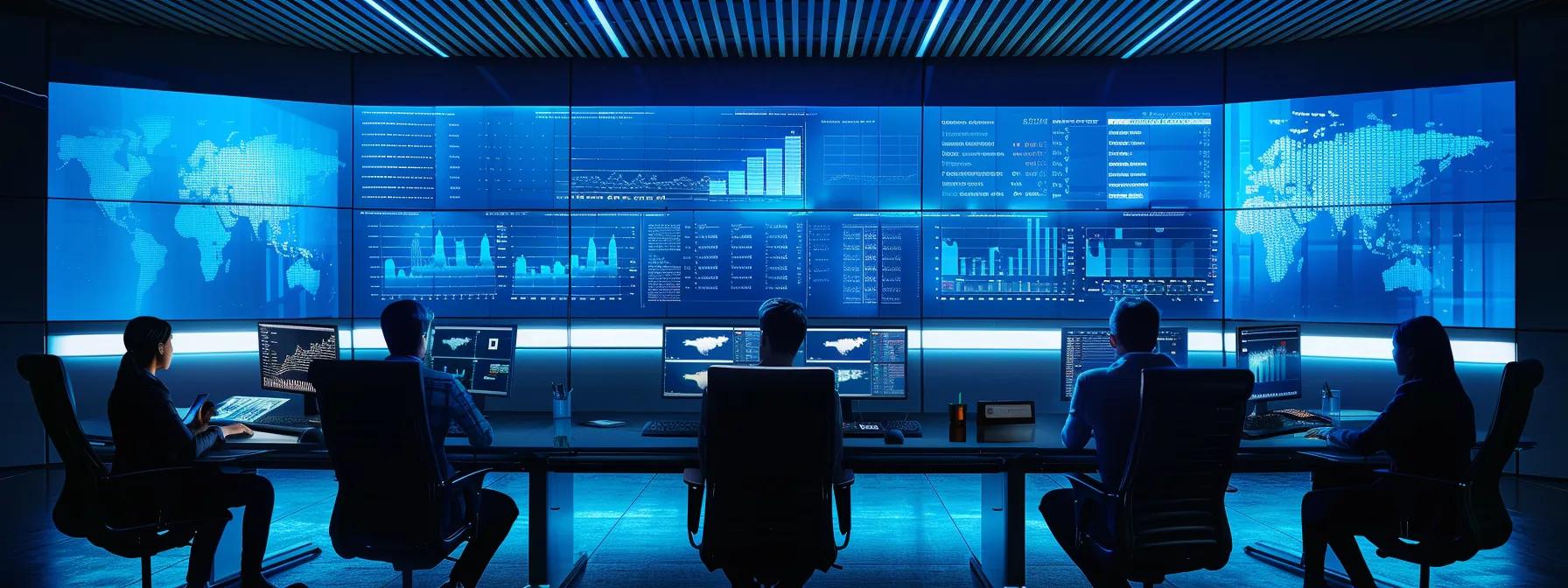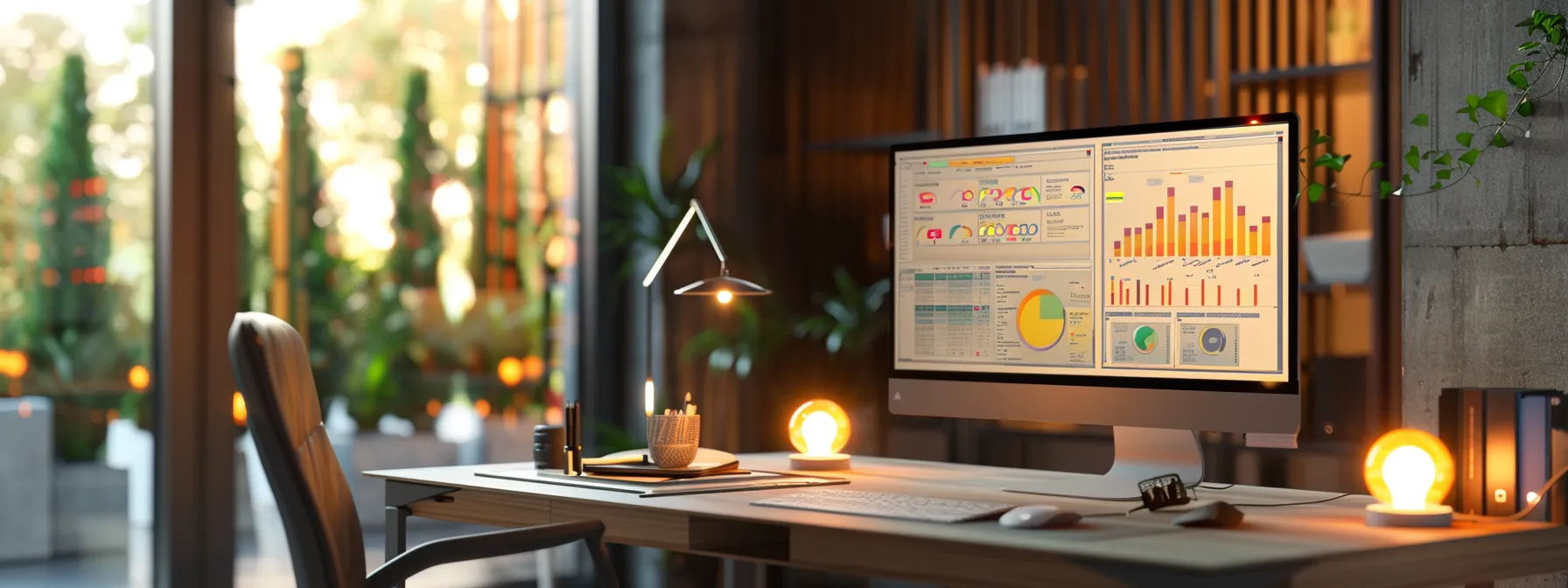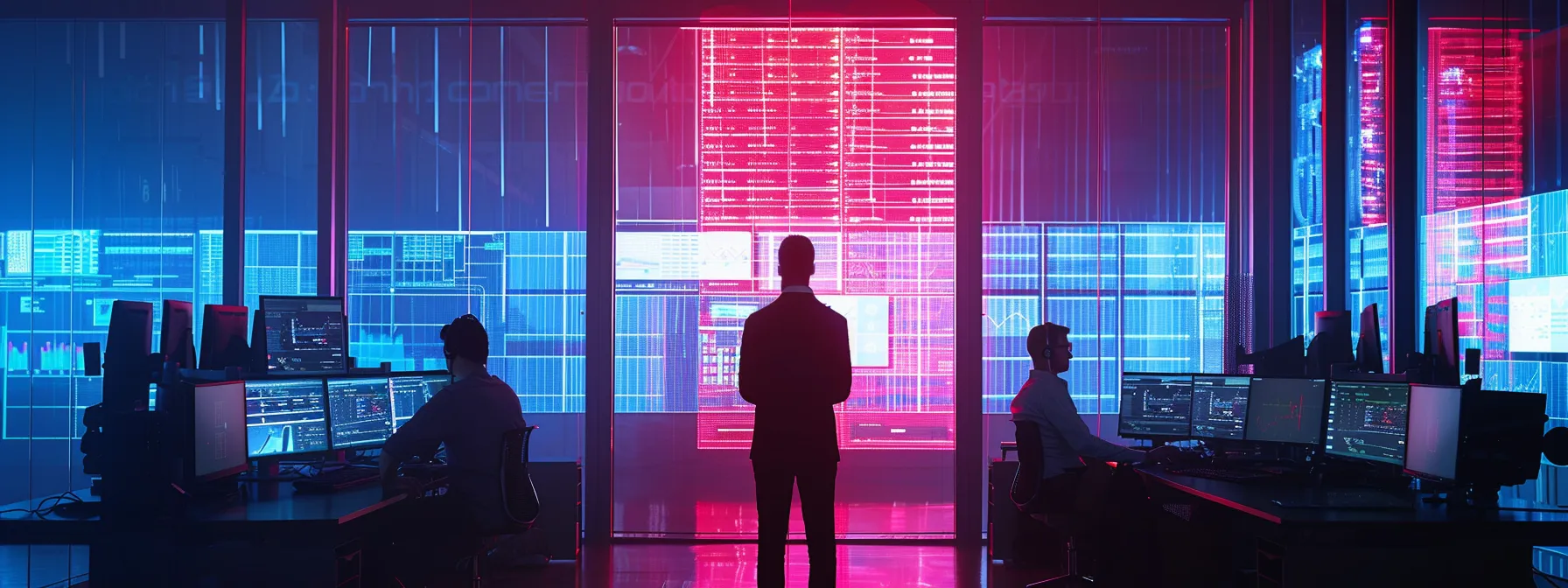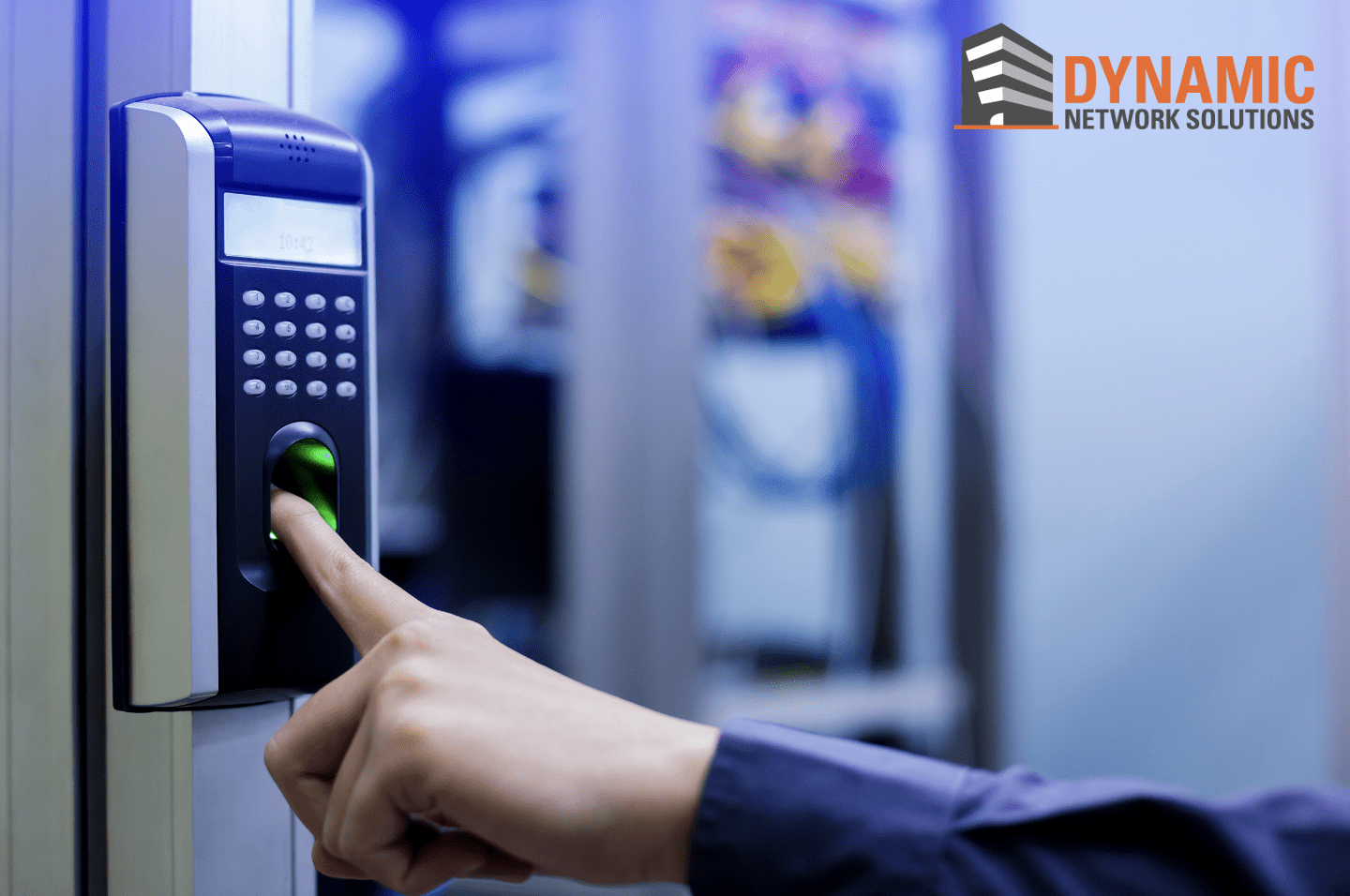 Security in today’s world extends far beyond locking doors and setting alarms. In the evolving digital landscape marked by heightened risk factors, businesses and institutions across sectors need to adopt sophisticated strategies to protect their assets and data. One such critical strategy involves implementing tailored access control systems designed to not only secure premises but also enhance operational efficiencies. In this in-depth article, we explore how access control systems are adapted to meet the distinct security requirements of various industry verticals, including healthcare, education, retail, government, and manufacturing.
Security in today’s world extends far beyond locking doors and setting alarms. In the evolving digital landscape marked by heightened risk factors, businesses and institutions across sectors need to adopt sophisticated strategies to protect their assets and data. One such critical strategy involves implementing tailored access control systems designed to not only secure premises but also enhance operational efficiencies. In this in-depth article, we explore how access control systems are adapted to meet the distinct security requirements of various industry verticals, including healthcare, education, retail, government, and manufacturing.
Decoding Access Control Systems
Before diving into how different industries leverage access control systems, it’s essential to grasp what these systems are and their fundamental components. In essence, access control systems are security solutions designed to manage and regulate who can view or use resources within a specific environment. These systems are vital in shielding physical and electronic assets from unauthorized access, thereby strengthening an organization’s overall security framework.
Key Components
- Authentication: This is the first step in any access control system. It involves verifying the identity of a person trying to gain access to the system. Authentication methods range from traditional keys and cards to biometric identifiers like fingerprints and iris scans.
- Authorization: Once a user’s identity is verified, the system then determines which resources they’re allowed to access based on their permissions level. For instance, an HR manager may have access to sensitive employee files that a regular staff member doesn’t.
- Access: Finally, after successful authentication and authorization, the access control system either grants or rejects the user’s requests to access the resources.
Industry-Specific Access Control Solutions
Different industries have varying security requirements, necessitating customized access control solutions that can cater to their specific needs. Let’s delve into how these systems are tailored to different sectors.
Healthcare
In healthcare, patient privacy and safety are paramount, and the sector is regulated by stringent standards like the Health Insurance Portability and Accountability Act (HIPAA). Access control systems here can help protect sensitive patient data, control access to restricted areas such as operating rooms, and streamline staff time and attendance management. These systems also help reduce the risk of unauthorized personnel accessing controlled substances, medical records, and other sensitive resources.
Education
Educational institutions like schools and universities are often large, bustling environments that require a fine balance between maintaining an open, welcoming atmosphere and ensuring safety. These systems can enhance campus security, restrict unauthorized access to sensitive areas such as laboratories and administrative offices, and monitor staff and student attendance. These solutions also help manage access to resources like libraries and can be tied into emergency lockdown protocols.
Retail
In retail, inventory protection and loss prevention are crucial for maintaining profitability. Access control systems serve to secure inventory storage areas, deter theft by restricting unauthorized access to back-office areas, and monitor employee time and attendance. By ensuring that only authorized individuals can access inventory and cash handling areas, these systems significantly reduce the risk of internal theft.
Government
Government facilities handle sensitive, often classified information and need to maintain the highest security levels. Access control systems safeguard this information, control access to restricted zones, and provide security for staff and visitors. They also help ensure compliance with various governmental regulations regarding information access and security.
Manufacturing
In the manufacturing sector, safety and operational efficiency are critical. These systems protect valuable equipment and materials, restrict access to potentially hazardous areas, and manage employee time and attendance. By limiting access to certain areas, these systems help prevent accidents and maintain safety standards.
The Future of Access Control Systems
These systems are continuously evolving as technology progresses. They’re becoming more advanced, moving beyond traditional key cards and pin codes to include biometric identifiers, mobile credentials, and artificial intelligence. Future systems will be more secure and intelligent, capable of integration with other smart systems within a facility for a more holistic approach to security and operational efficiency.
Debunking Common Misconceptions About Access Control Systems
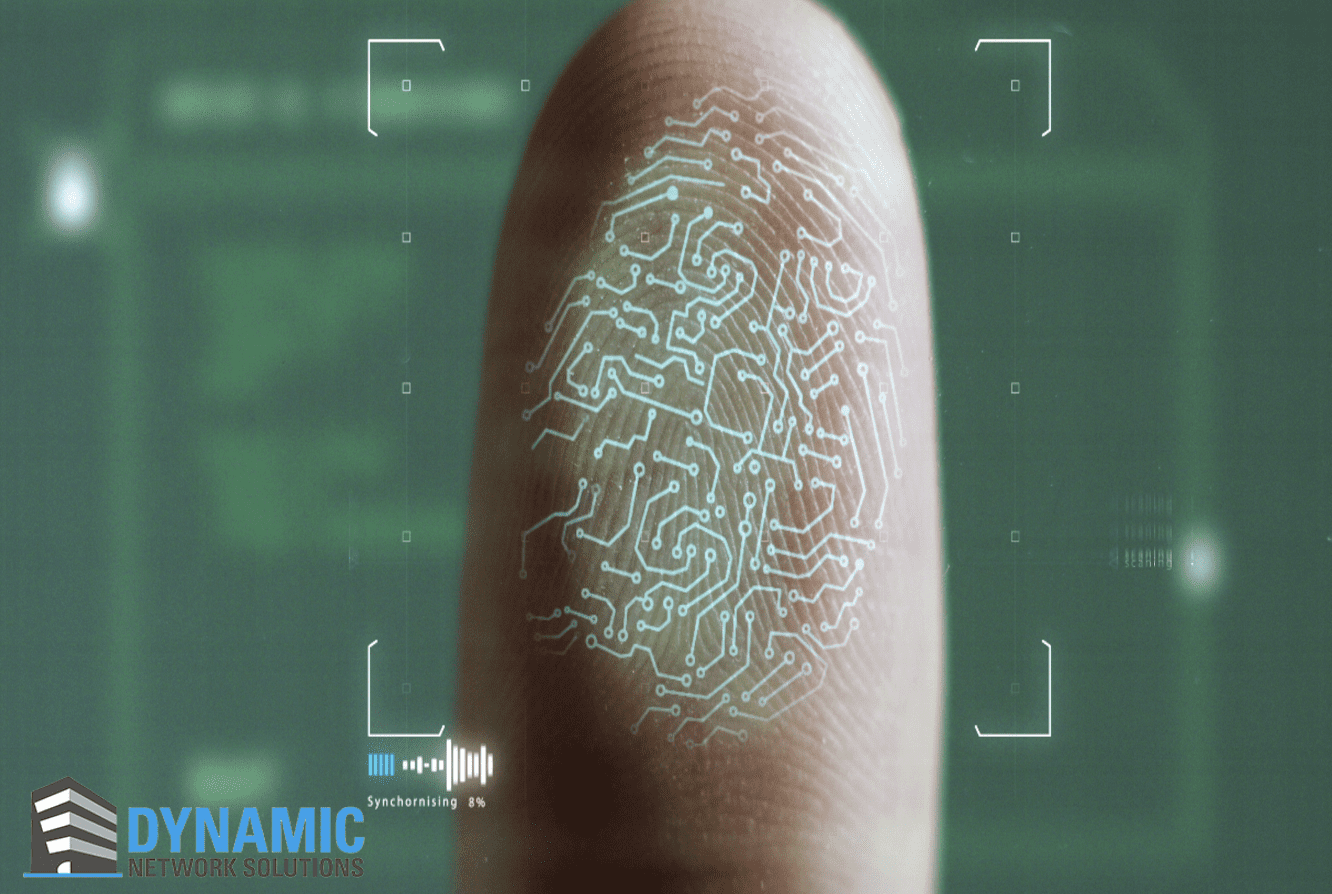 As we continue to make strides in the era of digital transformation, the importance of secure systems is becoming increasingly evident across various industries. However, many misconceptions and myths still exist about these systems, creating potential barriers for organizations seeking to enhance their security measures. This blog post aims to debunk some of the most common misconceptions about access control systems.
As we continue to make strides in the era of digital transformation, the importance of secure systems is becoming increasingly evident across various industries. However, many misconceptions and myths still exist about these systems, creating potential barriers for organizations seeking to enhance their security measures. This blog post aims to debunk some of the most common misconceptions about access control systems.
Access Control Systems Are Only for Large Businesses
Many small-to-medium-sized businesses (SMBs) often hold the misconception that access control systems are exclusive to larger corporations or organizations with high-security demands. This is far from the truth. No matter the size of the business, securing physical and digital assets is essential. Advanced access control systems are scalable and adaptable, designed to meet the needs of organizations of all sizes, ensuring everyone has the chance to protect their assets effectively.
They Are Too Expensive
There’s a prevalent myth that installing a system is a costly affair, reserved for organizations with extensive budgets. However, this ignores the long-term value and cost savings such systems can provide. While there is an initial investment, the enhanced security can prevent costly security breaches or theft. Additionally, today’s market offers a range of cost-effective options, making these systems more accessible and affordable than ever before.
Access Control Systems Are Too Complex to Operate
With the increasing integration of advanced technology, such as biometrics and artificial intelligence, some people believe that access control systems are complex and difficult to operate. However, these systems are designed with user-friendliness in mind. Modern access control systems come with intuitive interfaces and comprehensive training, simplifying the process and making the technology accessible to all users, regardless of their tech-savviness.
They Only Control Door Access
While controlling access to doors is a key part of a system’s function, these systems are capable of much more. They can manage access to certain areas during specific times, monitor employee attendance, integrate with other security systems (like surveillance cameras or alarm systems), and even provide data insights that can aid in decision-making processes.
All Systems Are the Same
Just like any technology, not all systems are created equal. They come in various forms and offer different features depending on your needs. From traditional keycard systems to advanced biometric solutions, the choices are vast. It’s essential to work with a trusted security provider to customize a solution that best fits your organization’s unique needs.
Understanding the reality behind these common misconceptions can help organizations make informed decisions about implementing new systems. These systems are affordable, user-friendly, and versatile tools that offer invaluable benefits for businesses of all sizes. By prioritizing access control, organizations can take a proactive stance towards security, protecting their valuable assets from potential threats in the evolving digital landscape.
Final Thoughts
 In today’s complex business environments, the challenges faced in terms of security are multifaceted and continuously evolving. Tailored access control solutions provide an effective response to these challenges across different vertical markets. These systems are not merely about access; they’re about integrating security with operational efficiency, be it in healthcare, education, retail, government, or manufacturing sectors. As we forge ahead into the future, access control systems’ role will undoubtedly continue to expand, reinforcing their indispensability in our increasingly connected world.
In today’s complex business environments, the challenges faced in terms of security are multifaceted and continuously evolving. Tailored access control solutions provide an effective response to these challenges across different vertical markets. These systems are not merely about access; they’re about integrating security with operational efficiency, be it in healthcare, education, retail, government, or manufacturing sectors. As we forge ahead into the future, access control systems’ role will undoubtedly continue to expand, reinforcing their indispensability in our increasingly connected world.
At LogicFortress, we specialize in planning and integrating commercial systems that not only secure your building but also streamline its management. Our advanced biometric door entry solutions leverage state-of-the-art deep learning algorithms and practical functionalities to significantly improve security and efficiency in door entry and time attendance management.

